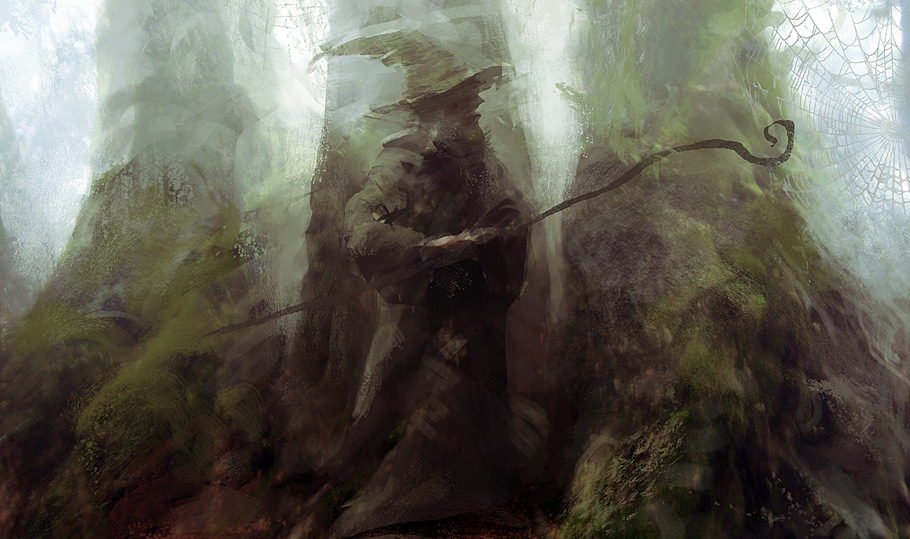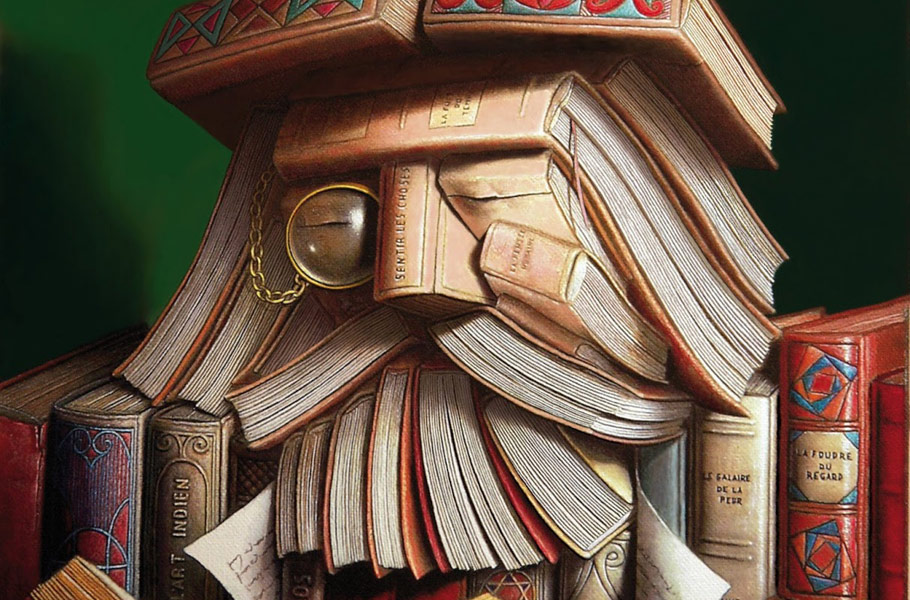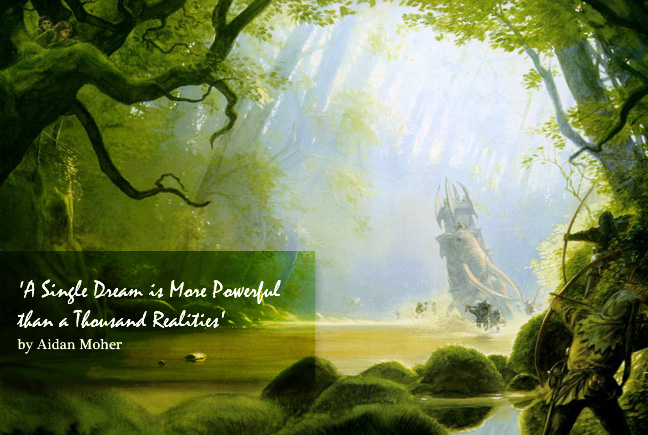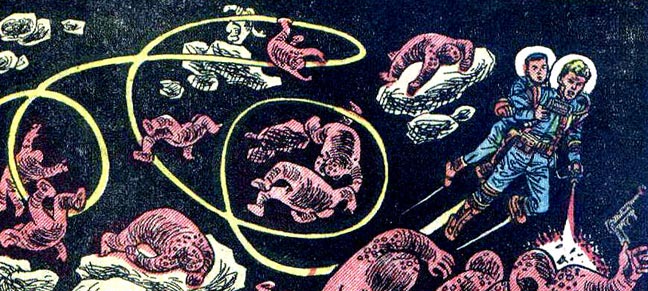“Petite, her silver hair shining, Le Guin shrugged and grinned when Neil Gaiman placed the medal around her neck,” described The New Yorker of Ursula K. Le Guin when she accepted the Medal for Distinguished Contribution to American Letters presented by the National Book Awards on November 19, 2014. Le Guin might be petite in stature, perhaps, but her words in acceptance of the achievement were anything but small.
“Hard times are coming,” she said, her voice ringing out over an awed crowd. . “We’ll be wanting the voices of writers who can see alternatives to how we live now, can see through our fear-stricken society and its obsessive technologies to other ways of being, and even imagine real grounds for hope. We’ll need writers who can remember freedom – poets, visionaries – realists of a larger reality.”
Le Guin is a legendary figure in science fiction and fantasy, author of many classics, such as The Left Hand of Darkness and The Wizard of Earthsea, and a champion for literature’s place in the every changing landscape of modern society — a “realist of a larger reality” is there ever was one. Her acceptance speech rang through the SFF community and beyond, a tolling bell of optimism. Through her ongoing insistence to use fiction as a lens through which we examine ourselves, Le Guin, and writers like her — poets, visionaries, realists of a larger reality — has continued to challenge speculative fiction to be a catalyst for positive change, a limitless medium that can offer hope to a world that obsesses over hopelessness. Read More »




 One of my favourite weekly features in the blogosphere in Mieneke Van Der Salm’s Blogger Query interviews. Every Wednesday, she pulls one blogger or reviewer and puts them to question. It’s a fun way to get to know some of the personalities in SFF fandom. And, well, this week was my turn.
One of my favourite weekly features in the blogosphere in Mieneke Van Der Salm’s Blogger Query interviews. Every Wednesday, she pulls one blogger or reviewer and puts them to question. It’s a fun way to get to know some of the personalities in SFF fandom. And, well, this week was my turn.